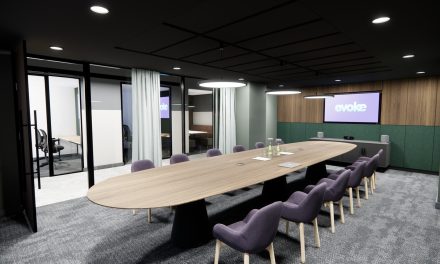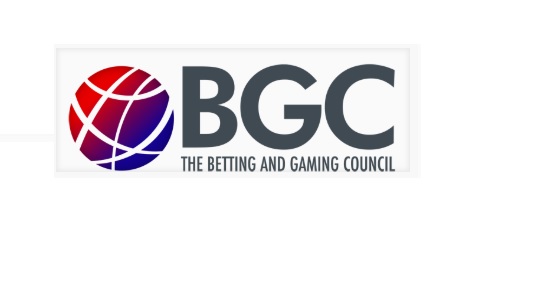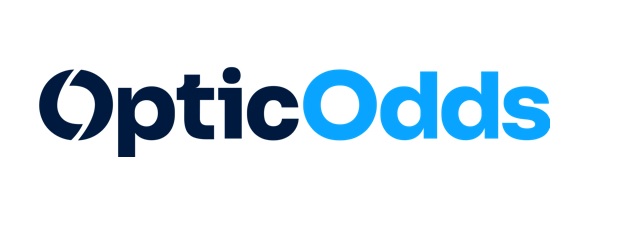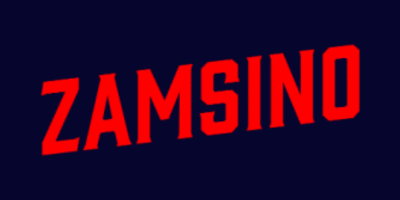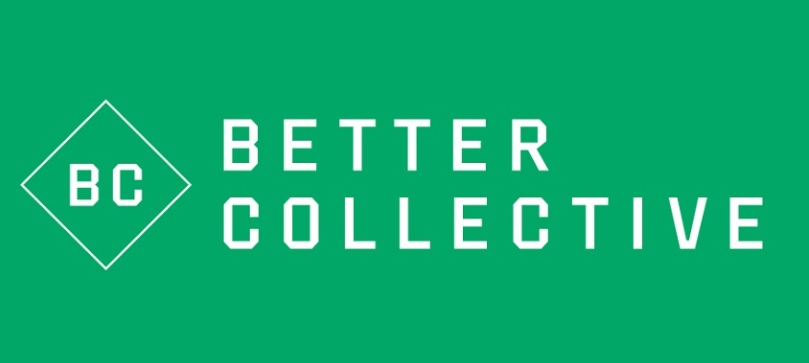
he Budget and Taxation Committee gave Tuesday its approval to Senate Bill 4, sponsored by a Montgomery County lawmaker, under the watchful gaze of nearly a dozen lobbyists in the back of the room.
The measure, if approved by Marylanders in the November general election, it would allow them to wager on sporting events, WTOP News reports. It would grant nine sports gambling licenses.
Six would go to the state’s casinos; Pimlico Race Course and Laurel Park, the state’s busiest horse tracks, would share a license; one would go to the State Fairgrounds in Timonium; and one would go to a new Washington Redskins stadium in Prince George’s County.
Maryland’s four off-track betting parlors would also have the right to accept bets on professional and college athletics.
Each licensee would be forced to pay an upfront fee. For the Redskins, the Maryland Jockey Club (the company that owns Laurel and Pimlico) and the larger casinos, the fee would be $2.5 million.
For casinos with fewer than 1,000 slot machines, the fee would be $1.5 million.
The bulk of the state’s take from sports gaming would fund K-12 public education.
“This is something that we hear Marylanders want,” said Sen. Craig J. Zucker, D-Montgomery, a member of the committee and the legislation’s chief sponsor.
“This is something that they’ll have a chance to vote on come this next election. And it will make sure that we’re making sure that we’re doing what we can to invest in the future of Marylanders’ education.”
In addition to on-site gambling, license holders would get a “skin” — industry parlance for an online betting app.
Licenses could be good for five years. After that, the venues would pay a renewal fee equal to 25% of their original levy.
Venues that offer sports betting would get to keep 80% of their net revenue. Nineteen percent would go to the state, and 1% would go into a minority contracting fund.
Unlike casino gambling, an established industry where the odds favor the house, sports gambling outside of Las Vegas is relatively new. Sportsbooks occasionally have losing days.
That makes it a challenge to estimate how much money sports wagering would generate. According to a legislative analysis, Maryland would take in approximately $21 million a year.
The license for the Redskins follows an intense lobbying effort by the team’s majority owner, Dan Snyder, who has traveled to Annapolis to meet with top lawmakers from both chambers.
To get a license, the team, which currently plays at the outdated FedEx Field in Landover, would have to meet certain conditions:
- They must enter into an agreement with Prince George’s “for the construction of a mixed-use development and the construction or reconstruction of a sports facility … within a 1.5 mile radius of the intersection of Arena Drive and I-495”;
- Architectural drawings of the sports facility must be submitted to county government;
- The team must have received all required zoning approvals; and
- The Redskins must have a “community benefits agreement” with the county.
In addition, all license applicants would have to meet minority business participation goals established by the state’s Office of Small, Minority, and Women Business Affairs.
As currently drafted, there is no license for the Baltimore Orioles or the Baltimore Ravens, though that could change as the measure continues to work its way through the legislative process.
Because the measure establishes a constitutional amendment, the bill must pass both chambers by a three-fifths margin and be signed by Republican Gov. Larry Hogan. It would then be put to voters in November.
The 19-page bill may well undergo further amendment, a point Sen. Guy J. Guzzone, D-Howard, the chairman of the budget committee, alluded to when he said, “We’ll hear from our friends in the back,” a reference to the lobbying contingent eyeing the panel’s deliberations.
The measure now goes to the full Senate. If ultimately approved, Maryland would join a growing list of states to legalize gaming on pro and college sporting events, including many neighboring states.
In a recent survey by Goucher College, Marylanders were divided on the issue of legalized sports betting.
By a margin of 47% to 43%, the public narrowly supports allowing people to gamble on sporting events online. But nearly half opposed sports gambling at casinos, race tracks or stadiums. Goucher found that 45% of the public is OK with betting on sports at those locations, with 49% opposed.
Gambling on high school sports would not be allowed. Athletes, coaches, referees, trainers and team owners would not be allowed to wager, nor could those with “exclusive information.”








